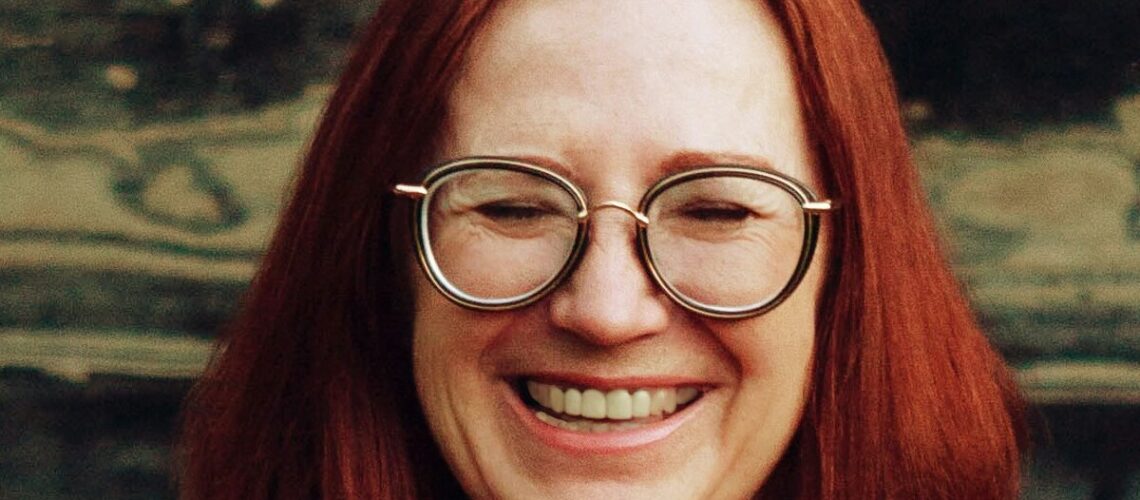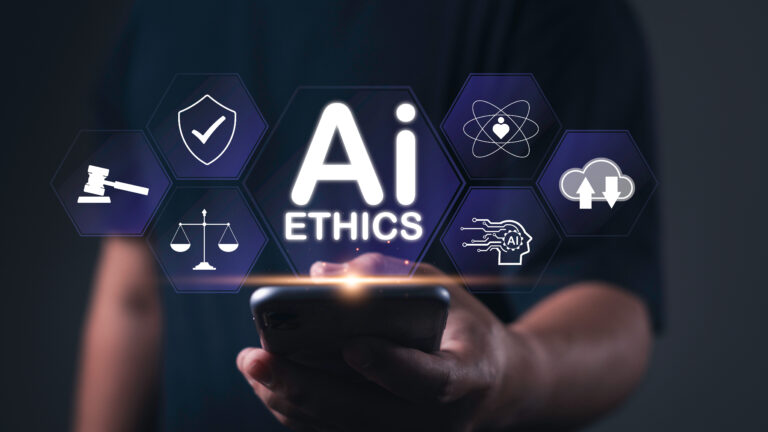About Shoshana

Shoshana Leffler, an accomplished academic and educator, blends a profound expertise in chemistry and developmental genetics with a vibrant passion for teaching and community service. Born and raised in Bronx, NY, Shoshana exhibited early academic promise, earning recognition as a semifinalist in the prestigious 2005 Intel Science Talent Search during her high school years, and having her artwork published in notable publications.
Shoshana pursued an A.B. in Chemistry at Princeton University, followed by a Ph.D. in Developmental Genetics at New York University. Her doctoral research led to significant contributions in the field, including the development of a mathematical model that predicts childhood brain cancer occurrences, published in the Bulletin of Mathematical Biology.
In her professional career, Shoshana has demonstrated a deep commitment to education, working as a Chemistry Teacher at New Visions Charter School and the NYC Department of Education. She has redefined chemistry education by integrating real-world applications and inquiry-based learning, significantly improving student engagement and understanding. Her innovative approaches include using Elon Musk’s quest for better batteries as a teaching tool and managing a popular cooking/chemistry club that uses culinary concepts to explain chemical reactions.
A highlight of Shoshana’s teaching includes creating inquiry-based lesson plans in chemistry for Title 1 schools (schools in which children from low-income families make up at least 40 percent of enrollment). The inquiry-based lessons allow students to access the chemistry curriculum that is normally abstract and inaccessible.
News & Interviews
Revolutionizing Education with New York’s Shoshana Leffler
Innovative Teaching Strategies: Lessons from Inquiry-Based Approach
Understanding the Cerebellum Math Model - A Deep Dive into Its Development and Applications
Bronx Educator Shoshana Leffler Revolutionizes STEM Education with Innovative Teaching Models
Inquiry-Based Learning in Title 1 Schools: Transforming High School Chemistry Education
The Influence of Natural Scenery on Meditation and Spiritual Practices
Real-World Applications of Chemistry in Title 1 Inquiry-Based Learning
Shoshana Leffler: Integrating arts into STEM education
How Art Enhances Learning in STEM Subjects
Blog

Ethical AI: Designing Technology with Humanity in Mind
As someone who has spent years navigating both the sciences and education, I’ve developed a deep appreciation for the tension between innovation and responsibility. Nowhere is that tension more pressing—or more promising—than in the development of artificial intelligence. While AI has the potential to reshape entire industries and revolutionize how

The Ethics of AI in Education: Who’s Watching the Algorithms?
Artificial Intelligence (AI) is changing the way we teach and learn. From personalized learning platforms like DreamBox and IXL, to AI-powered writing assistants like Grammarly and Quill, these tools are showing up in classrooms across the country—including in the Title 1 schools I work with. As an educator and developmental

Can AI Help Close the Learning Gap?
As an educator, I’ve witnessed firsthand the impact of educational disparities on students. Many of our learners face challenges outside of the classroom—economic hardships, lack of access to resources, and sometimes even systemic inequalities—that can make it difficult for them to thrive academically. Over the years, I’ve worked with students

AI for Differentiated Instruction: Customizing Learning for Every Student
In today’s diverse classrooms, educators face the challenge of meeting the needs of students with varying learning styles, abilities, and backgrounds. Differentiated instruction—a pedagogical approach that tailors learning experiences to individual students—has long been a goal for educators striving to provide equitable access to education. However, implementing differentiation effectively can